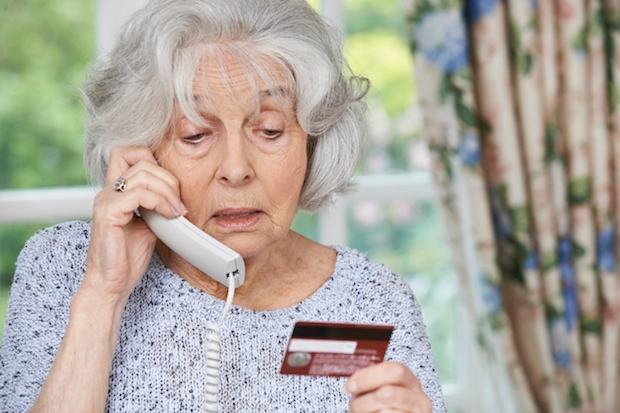Financial scams are big business in the UK. A report from Experian last year suggested that fraud could cost the UK economy as much as £193 billion a year – though these scams come in many shapes and sizes. Analysis from Which suggests there were around 264,000 reported cases of fraud last year. This, however, is likely to be just the tip of the iceberg.
Barely a week goes by without reports of a new scam, whether it’s sudden demands to pay for the use of WhatsApp, suspicious emails supposedly from our bank, or fake ticket-selling websites. And, of course, these stories are accompanied by all sorts of advice on how to stay safe.
However, the fact remains that the first line of defence against all financial scams is ourselves. We have to take a little responsibility and think for ourselves. Is there anything obviously suspicious about what we are being asked to do?
We had a perfect example of this in June, when fraud experts Action Fraud issued warnings about a tax-related scam. People were being contacted in a variety of ways, from phone call to text message, and notified that they had unwittingly underpaid their tax bill. As a result, a warrant could well be out for their arrest, so they needed to pay up quickly.
Nobody wants to get on the wrong side of the taxman, but throw in the threat of the police as well, and it’s perhaps understandable that victims would fall for the scam and cough up the dosh.
Except that there is one huge factor in this scam which should make it abundantly clear to that it is not legitimate. The scammers did not ask victims to transfer the money into a holding account, or write out a cheque, or even hand the money over in cash to a courier. No, they told the victims that they needed to pop to the shops, buy a host of iTunes gift cards, and then either text or read the voucher code down the line.
Now, it’s not difficult to understand why this approach would be appeal to the scammers. There is virtually no paper trail to follow, the victims never meet the scammers in person, and the scammers can then sell those codes on elsewhere if they choose to do so.
But surely the idea of HMRC accepting – indeed, encouraging – payments in the form of gift cards is enough to make you stop and question whether this is all above board?
It was reported that one 87-year-old man in Scotland was duped into buying £500-worth of gift cards by scammers posing as the taxman, and only realised something was amiss when they then demanded a further £1,300. This is sadly not that surprising. If anybody is going to fall for a scam like this, it is most likely to be the elderly or those in a vulnerable position, and of course more should be done to protect them from silver-tongued scammers.
But for the rest of us, it’s crucial to take a step back and really question whether this form of correspondence – whether it’s a letter, email or phone call – is above board. Having good malware protection on your computer or phone helps, as does removing your number from directory listings. But the front line of the fight against scammers is still you, the individual.






Comments